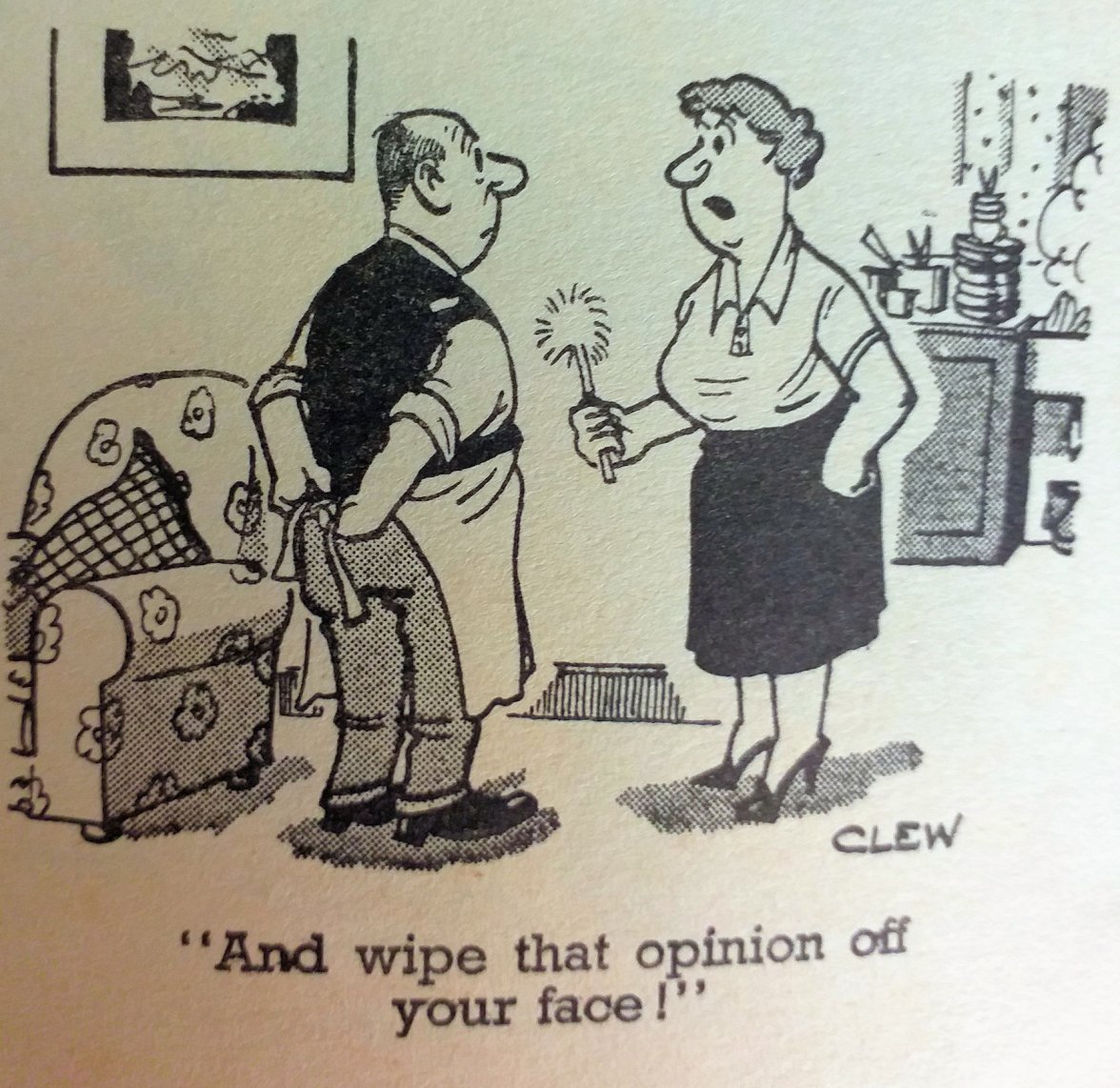- Posts
- 333
- Likes
- 325
Shay
·I came across this quote in the week-end on a YouTube channel which is supposedly attributed to Jack Forrester from Hodinkee, but I can’t trace the reference back. If anyone has an article where Jack Forrester mentioned this quote, it would be great if you can share it.
My understanding of the quote is that “Aristocracy of Taste” is when you have educated yourself enough to appreciate things (watches) that are not mainstream. “Democracy of Acquisitions” is that in a capitalist world, what stand between you and your next watch is money or financial power. If my understanding is not right, I am open for correction. On the OF I feel there are more people that strive toward “Aristocracy of Taste” whereas on YouTube I feel they strive toward “Democracy of Acquisitions” and are mainly focus on the value retention of a watch. Recently there has been a quote by John P that “Rolex is not for watch enthusiasts” which maybe goes into the direction that what stand between a person and the next modern Rolex is financial power and John P is more interested in educating himself and understanding watches (although he is a dealer). If you look at Archie Luxury, he is really focus on the value of the watches and there are a number of YouTubers who goes in that direction (just to be clear, i am not arguing this is not right).
Are there two school of thoughts in this hobby? And are they, both right?
I would just like to provoke some thoughts and it would be interesting to hear from the experienced collectors on the forum.
My understanding of the quote is that “Aristocracy of Taste” is when you have educated yourself enough to appreciate things (watches) that are not mainstream. “Democracy of Acquisitions” is that in a capitalist world, what stand between you and your next watch is money or financial power. If my understanding is not right, I am open for correction. On the OF I feel there are more people that strive toward “Aristocracy of Taste” whereas on YouTube I feel they strive toward “Democracy of Acquisitions” and are mainly focus on the value retention of a watch. Recently there has been a quote by John P that “Rolex is not for watch enthusiasts” which maybe goes into the direction that what stand between a person and the next modern Rolex is financial power and John P is more interested in educating himself and understanding watches (although he is a dealer). If you look at Archie Luxury, he is really focus on the value of the watches and there are a number of YouTubers who goes in that direction (just to be clear, i am not arguing this is not right).
Are there two school of thoughts in this hobby? And are they, both right?
I would just like to provoke some thoughts and it would be interesting to hear from the experienced collectors on the forum.
